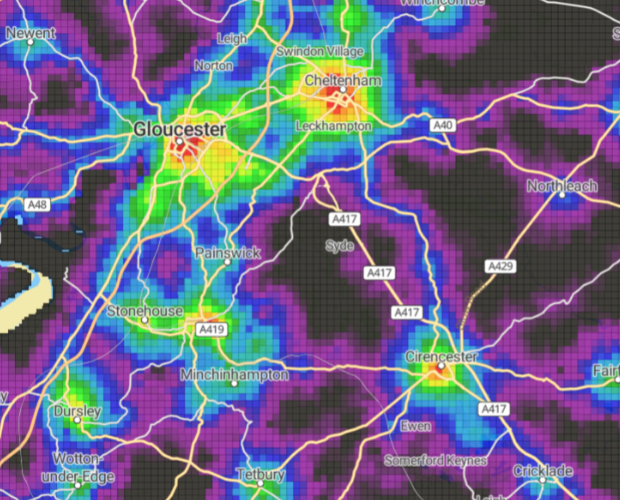T: 01822 851370 E: [email protected]
Visit RSN Survey about life in rural England to find out more.
The Department for Transport has launched a new Connectivity Tool, designed to help policymakers, planners, researchers and communities better understand how well different places are connected by transport. The tool brings together transport and land-use data in an innovative way...
The Countryside Alliance recently hosted a parliamentary roundtable on rural digital connectivity, bringing together parliamentarians, policymakers and industry experts to explore how next-generation technology could help close the digital divide facing rural communities. Chaired by Lord Herbert, the discussion focused...
The government has announced a £3 billion funding package to support bus services and infrastructure across England, aiming to deliver more frequent, reliable and affordable services for passengers. The announcement confirms that councils will receive multi-year settlements through the new...
The House of Lords Social Mobility Policy Committee has today published its report Social Mobility: Local Roots, Lasting Change setting out how educational and work opportunities must be better integrated across the UK. The Rural Services Network contributed evidence to...
Rural connectivity featured prominently in Parliament last week, with concerns raised both during departmental Oral Answers to Questions and later at Prime Minister’s Questions. During Science, Innovation and Technology questions, MPs pressed the Minister for Digital Government and Data on...
New digital technologies will enable more NHS patients to receive care from home, under a national rollout announced last week. Dozens of areas in England are introducing remote-monitoring tools through the NHS App, allowing patients to share updates such as...
Thousands of passengers could benefit from more reliable bus services after the Government’s Bus Services Act became law on 27 October 2025. The legislation gives councils new powers to protect vital routes, create their own local bus companies and strengthen...
Digital tools and technologies have the potential to make access to health and care services easier and improve engagement and outcomes for patients. However, ongoing gaps in digital connectivity, skills and confidence in rural areas mean that health inequalities could...
A six-month review of how GP funding is distributed across England has been launched to ensure that communities with the greatest health needs receive their fair share of NHS resources. The Department of Health and Social Care and NHS England...
This week is Community Transport Week, a nationwide celebration of the extraordinary role that community transport plays in helping people stay connected. Across rural England, community transport schemes are a lifeline, providing journeys that enable residents to reach healthcare, work,...
NEWSLETTER
Sign up to receive all our latest news and updates.
HOT TOPICS
Amid reduced public spending, fair resource allocation across regions is crucial. Despite a population larger than Greater London, rural areas receive significantly less funding for essential services, even though delivering these services in rural areas is more expensive.
Economic growth is widely acknowledged as essential for national wealth and prosperity and is a priority for political parties. Rural economies, employing millions and home to a higher proportion of small businesses, have potential for growth if barriers are removed.
Rural residents face distinct healthcare challenges, including limited access to transport, longer distances to medical facilities, an aging demographic, housing inadequacies, digital connectivity gaps, and difficulties recruiting health and care workers.
Rural communities are grappling with a severe affordable housing crisis, marked by high house prices, a lack of affordable housing, elevated living costs, and lower incomes, threatening their sustainability and vitality.
Transport is vital for the quality of life and economic health of rural areas, yet it faces challenges such as infrequent public bus services and less Government funding compared to urban regions.
Rural areas, encompassing a substantial portion of England's population and land, play a pivotal role in combating climate change and achieving the net zero target.
In an increasingly digital world, the lack of robust digital infrastructure in rural areas severely limits access to crucial services and stifles economic growth.
A future-focused vision for rural communities involves not just building the right homes in the right places but also ensuring thriving, sustainable communities.
SIGN UP TO OUR NEWSLETTER
Sign up to our newsletter to receive all the latest news and updates.













